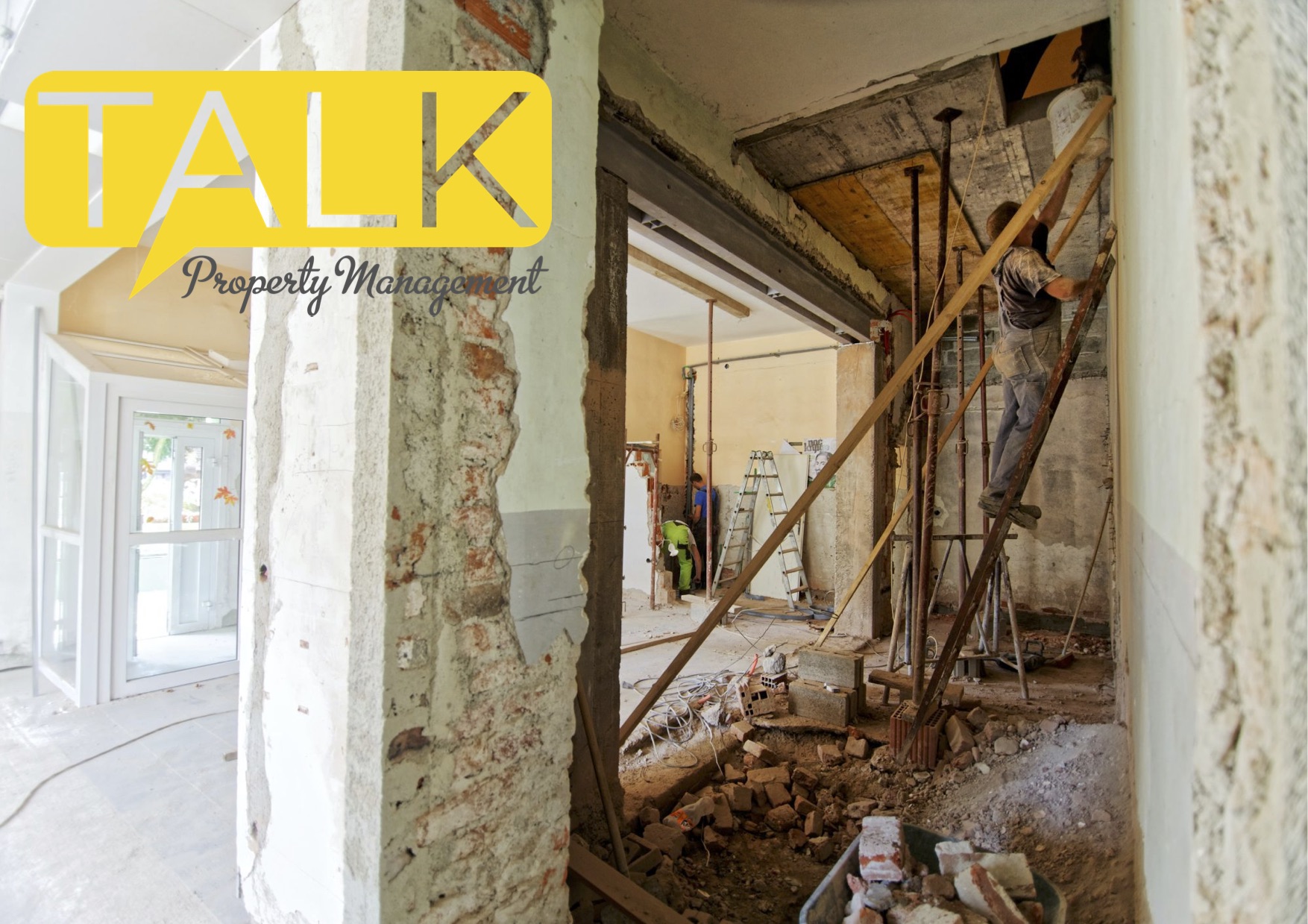
A contractor is a crucial member of your investment team, so you have to make sure they’re the best and most qualified for the job. You need someone capable of keeping projects on budget and schedule. A good and reliable contractor will make your investments successful, and when a property is successful, you’ll see more money.
So here are ten tips to help you find a reliable contractor.
1. Use a reliable source.
Ask real estate agents (hey, that’s me!) and other investors about their experiences with their contractor. This is the first source you should go to. Since they have had one on one experiences with the contractor, they’ll be able to go into specific details about the contractor and the job. Employees at hardware stores could be a source of knowledge as well.
If you don’t have those networking connections, Angie’s List and Checkbook are reliable online services. Always check the Better Business Bureau website to ensure they’re legit and to see their score. It will show their customer reviews, customer complaints, BBB rating, and BBB accreditation. It will show you how long they’ve been accredited and an overview of the BBB rating.
Online reviews are not replacing checking for references. Suppose there are many negative reviews over a long period. In that case, that should be a red flag but not one singular negative review.
2. Interview several contractors
Once you think you found a good match, interview them! You should interview at least five and ask lots of questions. You need someone with a specific skillset for investments. If a contractor only specializes in the kitchen or bathroom, then don’t ask them for a quote about anything outside their expertise. It’s a lot of work, so you need someone familiar with the investing process. From this interview, you’ll also be able to see the contractor’s approach, budget, timeline, and relationship with other contractors in the area.
3. Ask for references
To narrow down the choices after an interview, ask for references from previous clients. You’ll want to ask questions about how the contractor handled changes, the budget and timeline, and how they treated the job site. These are crucial answers you need before giving them your business.
4. Ask for a formal bid or estimate.
ALWAYS review an estimate of the project’s cost before signing an agreement with a contractor. If you’re still choosing between a few, a bid could be a way to narrow it down. If you’re comparing offers, make sure each one includes the same materials and tasks, so it’s a fair comparison. In addition to the budget and timeline, talk with them about materials and possible subcontractors who might be brought on.
Acknowledge that plans change and repairs could be needed on the go, so be realistic with the bid as well. You could ask for a price with two or three scenarios and play around with what needs to be added and doesn’t. Be a smart investor and expect to spend 15% more than estimated to cover unexpected costs.
If the price doesn’t work in your budget, you need to focus on the service they provide and then find a fair priced contractor in that subset. Cheap does not always mean a good contractor and vice versa.
5. Verify their license.
Check that your contractor is legit and has the proper license from our local and state governments. Ask to see their license to make sure it is up to date or request a copy.
6. Do a background check.
Again, check the BBB website for complaints and violations. Suppose your contractor doesn’t disclose legal issues before signing. In that case, you’re within your rights to ask or do the research yourself in our local court records and the Texas disciplinary board. Better to be safe than sorry, right?
7. Search for subcontractors.
Research what companies or service providers like electricians, plumbers, or carpenters your home contractor uses. Learn about this before to know more about the other vendors who will complete the project and the team.
8. Ask about insurance and permits BEFORE.
Nearly all renovating projects require a permit. So, a contractor will need to secure the proper permits, licensing, and insurance before taking a tool to anything. Find out which permits Austin, and the state of Texas require and check with your contractor. If you work without a permit, you’re violating local ordinances, and you are liable for the consequences if caught. Consequences range from fines to not having the work be inspected by the city once completed, which will cause problems when you want to sell.
While acquiring a permit can slow down your project and be a pain, the correct permit will have your contractor following the law. A permit also confirms that a city official will inspect it to ensure it is up to code once the project is completed. It’s pretty standard for a project to start months after an agreement, too since contractors have consistent work and need to finish their current projects.
For insurance, you’ll need to know what is covered by your homeowner’s insurance and what is covered by the contractor’s insurance. I recommend getting a copy of the contractor’s insurance policy.
9. Draw up a contract.
Now that you have chosen a contractor, create a contract that covers the project’s details like budget, timeline, detailed list of building materials, and all subcontractors’ duties. The contract should also include ground rules like the hours for the contractor to work on the property, what kind of notice you’ll get, what bathroom workers will use, where they’ll park, and what will be cleaned up at the end of the workday.
If something comes up during the project, ask to sign an addendum and see a new project estimate that includes new work, materials, and cost.
10. Be smart with payment.
Naturally, contractors ask for an upfront payment that will go to their total fee before beginning work. The most common advice is not to pay more than 10% of the price for an extensive renovation project. But smaller upgrades with custom work could require a 30 to 50% upfront payment.
Only pay the rest of the fee once the project is completed. The price should be clearly outlined in your contract. The schedule should be updated each time a problem arises or a new repair is needed.
These are my tips to help you build your investing team. But it’s essential to be realistic as well, so you’re not a “nightmare” customer for them. After all, it’s just one person or team, and they can only do so much. If you follow my tips, you should find one superhuman to help you real your investing goals! If you need a real estate agent on your investing team, I’m here to help (512) 721-1094 or dbrown@talkpropertymanagement.com.
Photo by Milivoj Kuhar on Unsplash


